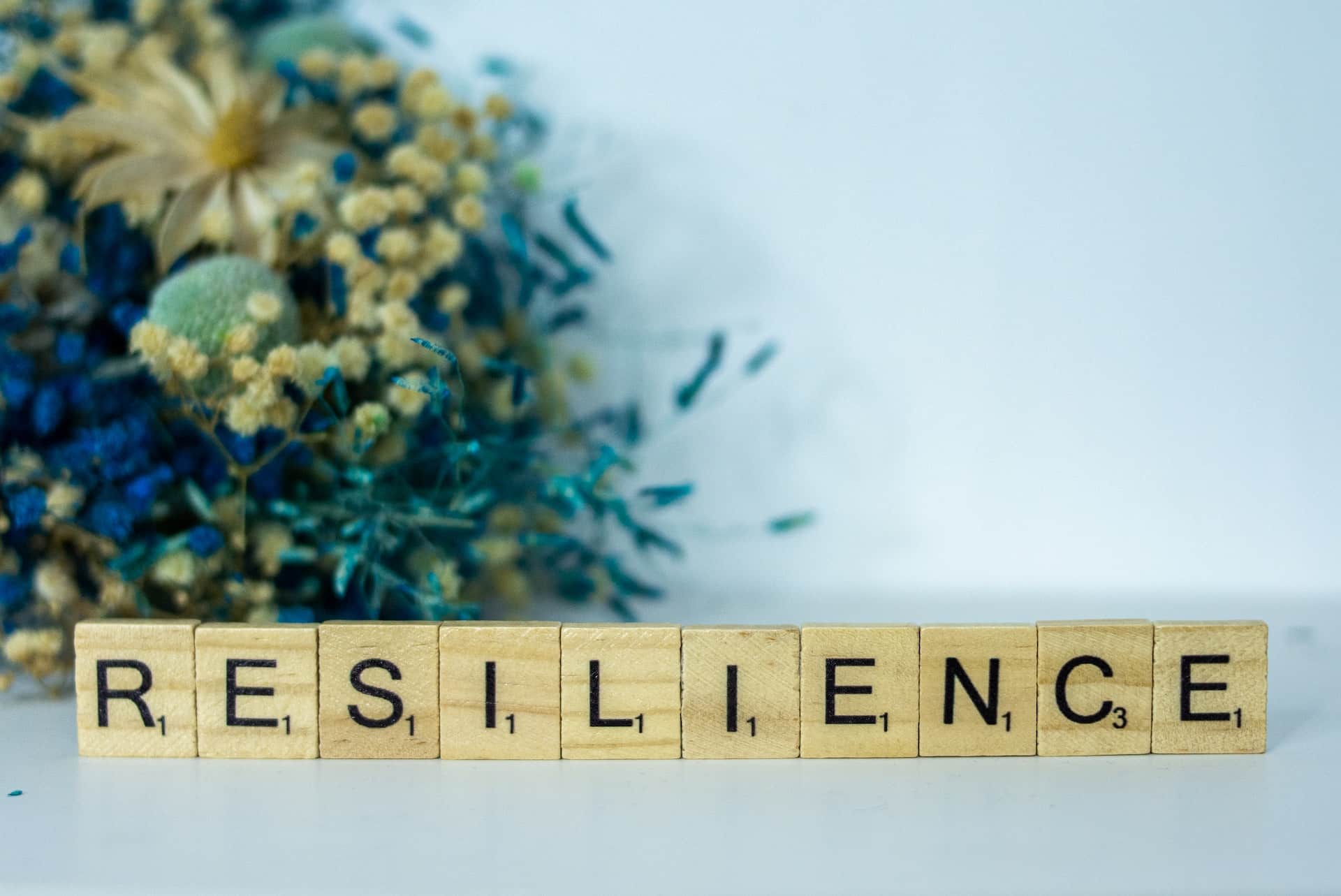Life can be unpredictable, and we all experience challenging situations that can be overwhelming and stressful. However, it’s not the adversity that defines us; it’s our response to it. Building resilience is the key to overcoming obstacles and thriving despite difficult circumstances. In this article, we’ll explore some strategies for building resilience and discuss the benefits of counseling and therapy in the process.
Understanding Building Resilience is Important
Resilience is the ability to adapt and cope with stress and adversity. It involves developing a set of skills and practices that help you maintain a sense of balance and stability during difficult times. Resilience isn’t something you’re born with; it’s something you can develop and strengthen throughout your life.
Research has shown that resilience can be developed through various factors such as personal and social resources, positive emotions, and cognitive strategies. According to a study published in the Journal of Personality and Social Psychology, people who view themselves as resilient tend to have higher levels of positive emotions and optimism. Additionally, research suggests that individuals who are more resilient are better able to cope with stress and experience better health outcomes.

Building a Support System
One of the most important things you can do to build resilience is to create a strong support system. This can include family, friends, and professionals such as therapists or counselors. A support system provides a safe space to talk about your feelings, gain perspective, and receive practical assistance when needed.
Counseling and therapy are effective ways to build resilience and develop coping skills. A therapist can help you identify patterns of thought and behavior that may be holding you back, and provide strategies for managing stress and anxiety. They can also help you build healthy communication skills and develop a sense of purpose and meaning in your life.
Research suggests that social support can be a protective factor in times of stress and adversity. According to a study published in the Journal of Health and Social Behavior, social support can buffer the negative effects of stress on physical and mental health. Additionally, research has shown that social support can help individuals feel a sense of belonging and purpose, which can contribute to their overall well-being.
Practicing Self-Care
Self-care is an essential aspect of building resilience. It involves taking care of your physical, emotional, and mental well-being. Self-care practices can include regular exercise, healthy eating, getting enough sleep, and engaging in activities that bring you joy and relaxation.
Mindfulness practices such as meditation or yoga can also be helpful in building resilience. These practices teach you to be present in the moment and develop a sense of calm and clarity. When you’re feeling stressed or overwhelmed, taking a few deep breaths and focusing on the present moment can help you feel more centered and grounded.
Research has shown that self-care practices, such as exercise, healthy eating, and getting enough sleep, can improve physical and mental health outcomes. For example, a study published in the Journal of the American Medical Association found that regular exercise can reduce symptoms of depression. Additionally, research suggests that practicing self-care can improve resilience by reducing stress and promoting positive emotions.

Building Mindfulness
Mindfulness is a technique that involves focusing on the present moment and being aware of your thoughts and feelings without judgment. It can be a helpful tool for managing stress and building resilience. A Beautiful Soul Holistic Counseling has a list of 7 strategies for a more mindful life that can be helpful in developing a mindfulness practice.
Research has shown that mindfulness practices can reduce symptoms of anxiety and depression, and improve overall well-being. For example, a study published in the journal JAMA Internal Medicine found that mindfulness meditation can reduce symptoms of anxiety and depression in patients with chronic pain. Additionally, research suggests that mindfulness practices can improve resilience by increasing emotional regulation and reducing stress.
Setting Boundaries
Setting boundaries is an important part of building resilience. Boundaries help you protect your time and energy, and they can also help you build stronger relationships. A Beautiful Soul Counseling has a list of 10 ways to set boundaries as a people pleaser that can be helpful in learning to set boundaries.
Research has shown that setting healthy boundaries can improve relationships and reduce stress. According to a study published in the Journal of Social and Personal Relationships, setting clear boundaries can reduce conflict and increase satisfaction in relationships. Additionally, research suggests that setting boundaries can improve resilience by increasing self-esteem and reducing stress.
Benefits of Counseling on Building Resilience
Counseling and therapy offer numerous benefits in building resilience and coping with difficult emotions. Here are some of the benefits of counseling:

- Developing Coping Skills: Counseling can help individuals develop healthy coping skills to manage stress and anxiety. Therapists can teach clients practical strategies to deal with difficult situations, such as deep breathing, meditation, or cognitive restructuring.
- Improving Communication Skills: Counseling can help individuals build healthy relationships by improving communication skills. Therapists can teach clients how to express their needs and feelings effectively and listen to others in a non-judgmental way.
- Changing Negative Patterns: Counseling can help individuals identify and change negative patterns of thought and behavior that may be holding them back. Therapists can help clients develop a more positive outlook and learn to reframe negative thoughts.
- Developing a Sense of Purpose: Counseling can help individuals develop a sense of purpose and meaning in their lives. Therapists can help clients identify their values, set goals, and work towards achieving them.
- Building Resilience: Counseling can help individuals build resilience and adapt to change. Therapists can teach clients how to cope with difficult situations, bounce back from setbacks, and maintain a sense of balance and stability during challenging times.
If you’re struggling to cope with difficult emotions or build resilience, counseling and therapy can provide a safe and supportive environment to explore your feelings and develop a path forward. If you’re interested in learning more about counseling and its benefits, check out this brief overview of counseling.
Conclusion
Building resilience is an ongoing process that requires practice and dedication. By building a strong support system, practicing self-care, and seeking help when needed, you can develop the skills and habits necessary to overcome adversity and thrive in challenging times. Counseling and therapy can be valuable resources in this process, providing guidance and support along the way. If you’re struggling to build resilience or manage difficult emotions, consider reaching out to a therapist or counselor for help.




